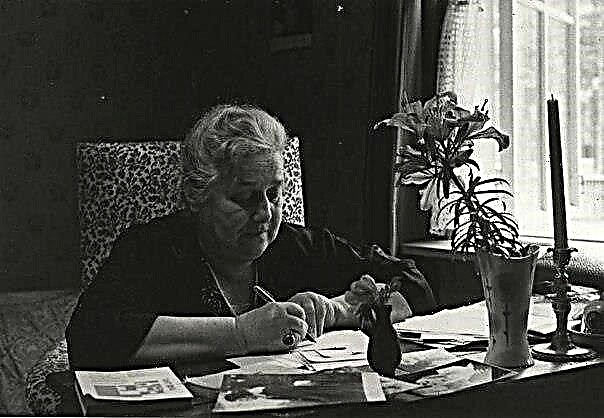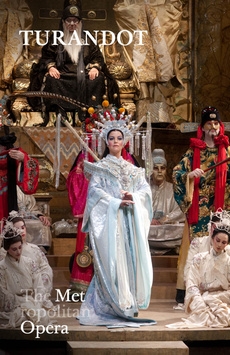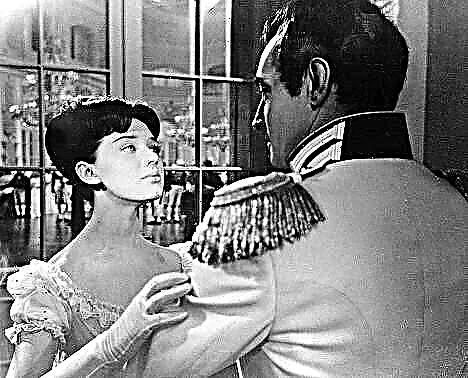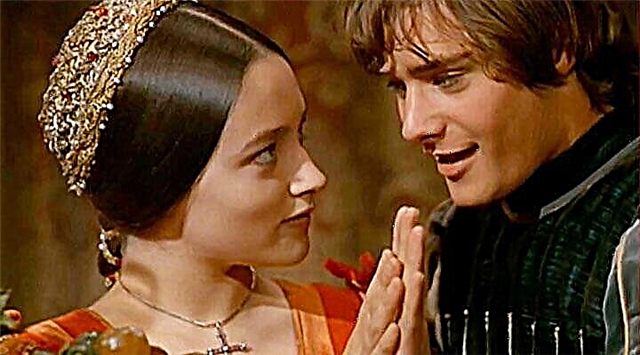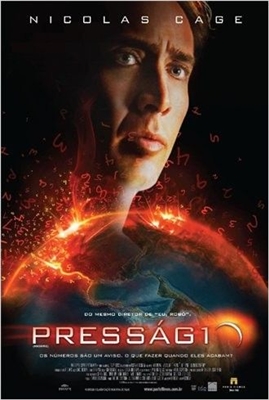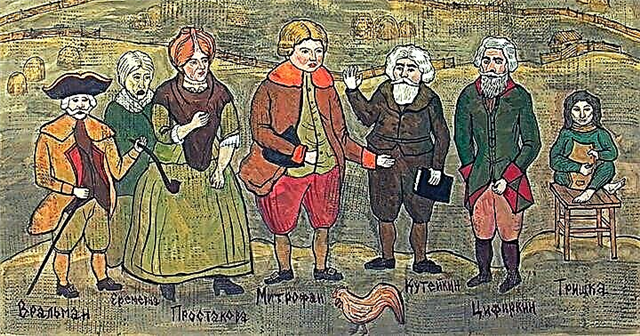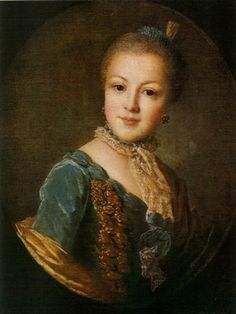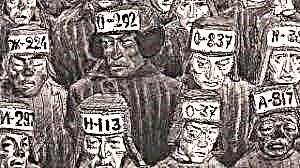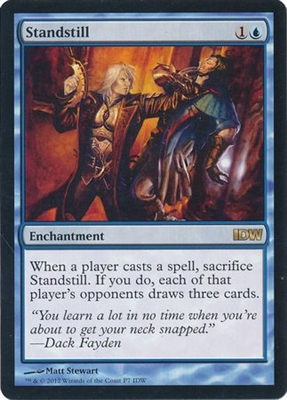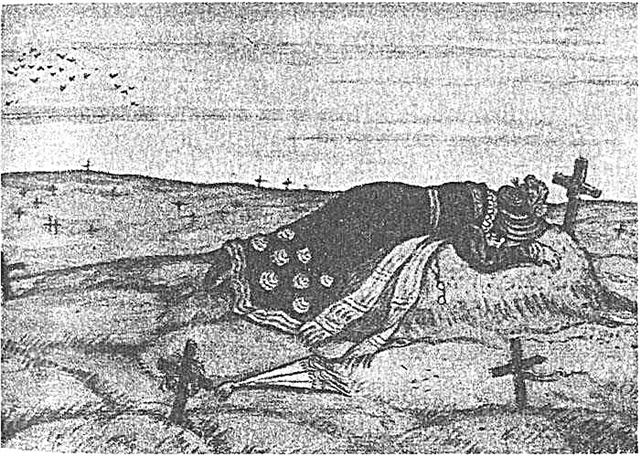“On the day of the thirtieth anniversary of his personal life, Voshchev was given a calculation from a small mechanical plant, where he raised funds for his livelihood. In a dismissal document, they wrote to him that he was being eliminated from production due to an increase in his weakness and thoughtfulness among the general rate of labor. Voshchev goes to another city. On a vacant lot in a warm pit, he settles down for the night. At midnight, a man wakes him, mowing grass in a vacant lot. Mowing said that construction will begin here soon, and sends Voshchev to the hut: "Go there and sleep until the morning, and in the morning you will find out."
Voshchev wakes up with the artel of artisans who feed him and explain that today the construction of a single building begins, which will include the entire local class of the proletariat in the settlement. Voshchev is given a shovel, he squeezes it with his hands, as if wishing to get the truth from the dust of the earth. The engineer has already marked the foundation pit and tells the workers that the exchange should send another fifty people, but for now it is necessary to begin work as the leading brigade. Voshchev digs with everyone, he “looked at people and decided to somehow live, since they endure and live: he happened with them and will die inseparably with people”.
Diggers are gradually getting used to and getting used to working. Comrade Pashkin, the chairman of the district council who often follows the pace, often comes to the pit. “The pace is quiet,” he tells the workers. - Why do you regret raising productivity? Socialism will do without you, and without it you will live in vain and die. ”
In the evenings, Voshchev lies with his eyes open and yearns for the future, when everything becomes well-known and placed in an avaricious sense of happiness. The most conscious worker Safronov proposes to put a radio in the hut to listen about achievements and directives, a disabled person, legless Zhachev, objects: "It is better to bring an orphan girl by the handle than your radio."
Digger Chiklin is in an abandoned tiled factory building, where the landlord's daughter, a dying woman with a small daughter, kissed him once. Chiklin kisses a woman and finds out from the rest of the tenderness in her lips that this is the same girl who kissed him in his youth. Before death, the mother tells the girl not to admit to anyone whose daughter she is. The girl asks why her mother dies: because of the potbelly stove, or from death? Chiklin takes her with him.
Comrade Pashkin is installing a radio speaker in the hut, from which every minute demands are heard in the form of slogans about the need to collect nettles, cut tails and manes from horses. Safronov listens and regrets that he cannot talk back into the pipe so that they learn about his sense of activity. Voshchev and Zhachev become unreasonably ashamed of long speeches on the radio, and Zhachev shouts: “Stop this sound!” Let me answer him! ” After listening to the radio, Safronov looks at sleeping people without sleep and speaks with sorrow: “Oh, mass, mass. It’s hard to organize the skeleton of communism out of you! And what do you want? Bitch like that? You tortured the whole avant-garde, a reptile! ”
The girl who came with Chiklin asks him about the features of the meridians on the map, and Chiklin answers that these are fences from the bourgeoisie. In the evening, excavators do not turn on the radio, but, after eating, sit down to look at the girl and ask her who she is. The girl remembers what her mother told her and tells that she does not remember her parents and she didn’t want to be born with the bourgeoisie, but how Lenin became - and she did. Safronov concludes: “And our Soviet power is deep, since even children, not remembering their mother, already smell Comrade Lenin!”
At the meeting, the workers decide to send Safronova and Kozlov to the village to organize collective farm life. They are being killed in the village - and other diggers, led by Voshchev and Chiklin, come to the aid of the village activists. While a meeting of organized members and unorganized sole personalities takes place at the Organizational Courtyard, Chiklin and Voshchev put together a raft nearby. Activists designate according to the list of people: the poor for the collective farm, the kulaks - for dispossession. To more accurately identify all the kulaks, Chiklin takes to the aid of a bear working in the forge as a hammer thief. The bear remembers well the houses where he used to work — these houses identify kulaks who are driven into a raft and sent along the river flow to the sea. The poor remaining in the Orgdvor march in place to the sound of the radio, then dance, welcoming the coming of collective farm life. In the morning, the people go to the forge, where the work of the bear-thresher is heard. The collective farm members burn all the coal, repair all the dead equipment, and with longing that the work is over, they sit down at the wattle fence and look at the village in perplexity about their future life. Workers lead villagers into the city. By evening, travelers come to the pit and see that it is covered with snow, and in the hut it is empty and dark. Chiklin makes a fire to warm the sick girl Nastya. People go past the barracks, but no one comes to visit Nastya, because everyone, bending his head, constantly thinks of complete collectivization. By morning, Nastya is dying. Voshchev, standing over a quiet child, thinks about why he now needs the meaning of life if there is no this small, faithful person in whom the truth would become joy and movement.
Zhachev asks Voshchev: “Why did the collective farm bring it?” “Men want to be included in the proletariat,” Voshchev replies. Chiklin takes a crowbar and a shovel and goes to dig to the far end of the pit. Looking around, he sees that the whole collective farm is constantly digging the ground. All poor and average men work with such zeal, as if they want to be saved forever in the abyss of the foundation pit. Horses do not stand either: collective farmers carry a stone on them. Zhachev alone does not work, mourning for the deceased Nastya. “I’m a freak of imperialism, and communism is a child’s business, for that I loved Nastya ... I’ll go now to kill Comrade Pashkin’s goodbye,” Zhachev says and crawls out of town on his cart to never return to the foundation pit.
Chiklin digs a deep grave for Nastya so that the child will never be bothered by the noise of life from the surface of the earth.

